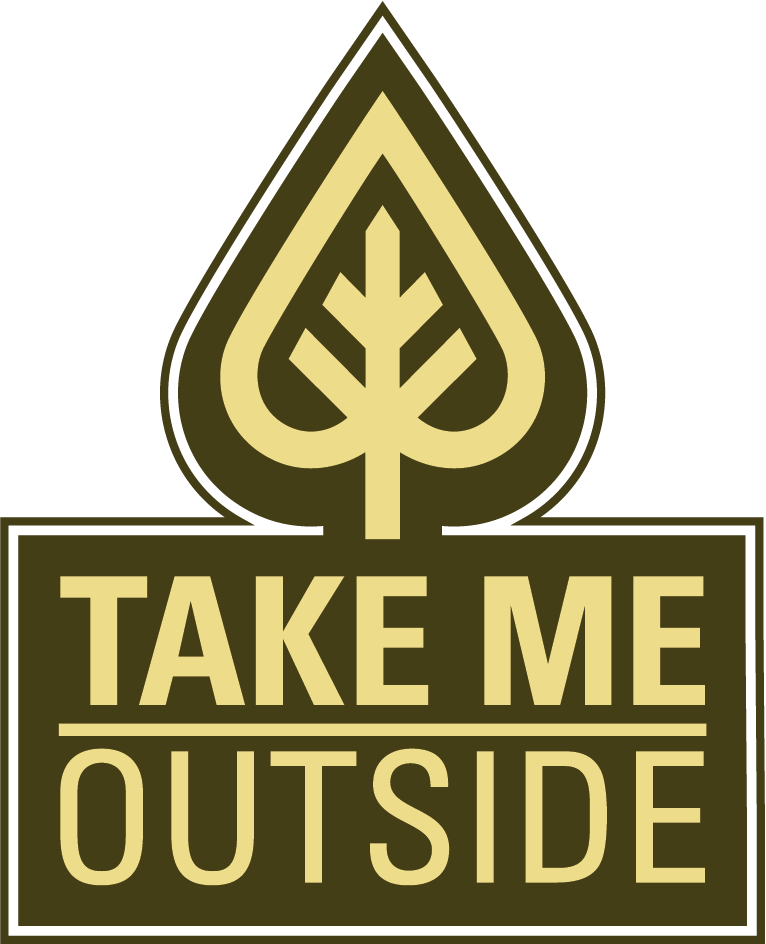34 results for group: block-c
Participatory research with children and educators to support the scaling of outdoor learning practice
In this workshop, we describe research that was designed to capture the experiences of educators and students who were learning outdoors during the pandemic to identify opportunities to implement successful practices more broadly. The study involved three stages: 1) interviews with educators and students, 2) collection of geographical data of school contexts and 3) an environmental scan focused on policy solutions. We will describe the overall study with a focus on the participatory approach and findings related to student and educator wellbeing. Interactive discussion will focus on findings from student experiences of outdoor learning and identific...
Overcoming the Barriers to Regularly Including Alternative Environment Activities in Physical Education Programs
Alternative Environment Activities (AEAs) are physical activities included in physical education (PE) programs that take place outside of traditional gymnasium, playing field, indoor fitness training settings, and track settings. This session will provide an overview regarding the value of AEAs in PE and research that has identified the major barriers PE teachers face when trying to include AEAs (e.g., costs; time; organizational requirements; safety). Then, breakouts/discussions will be conducted on strategies for overcoming these barriers. Low cost/easy to deliver AEAs will be introduced (e.g., hiking; disc-golf; bird-watching; snow-bocce) and ...
How Does Vulnerability Show up in the Outdoors? PT 1
Karen Lai works as an independent consultant in accessibility and inclusion. She works with businesses and organizations to increase the accessibility and inclusion of people with disabilities. She holds a Master of Arts in Human Kinetics where she examined the social theories behind social inclusion of people with disabilities. She has more than 20 years of working alongside with individuals with disabilities in the field of recreation, employment, government, and other community involvements.
A Collaborative Approach to Outdoor Learning Support in Schools
In this interactive workshop participants will examine an innovative outdoor learning initiative in the Toronto District School Board. Using school yards and local greenspaces, the TDSB’s Outdoor Education department is shifting how and where outdoor learning happens by supporting educators to make outdoor learning a part of student learning. Participants will enhance their understanding of how collaborative inquiry and a co-teaching process supported educators to provide students with increased curriculum connected learning through the outdoors and the benefits for school communities.
Community as Classroom: Connecting with Places and Partners beyond the Exit Sign
Just beyond the exit sign of every classroom are infinite opportunities to support experiential learning that connects learners to place, land and community. Join us for this engaging, interactive workshop to explore the community as classroom. Be inspired by current place and land-based education for sustainability success stories from Metro Vancouver School and Youth Leadership Programs, UBC Teacher Education and colleagues from across Canada. You’ll take away ideas, inspiration and resources to deepen connections with community, place and partners in your practice.
Environmental education and inclusion: Considering learners’ diverse needs when facilitating outdoor learning
This workshop focusses on environmental education that takes into consideration the needs of diverse learners. The purpose is to develop participants’ abilities to plan inclusive experiences whilst using experiential, environmental, and community-based approaches to facilitate learning. Guided by universal design for learning principles, the reflective process will occur by way of a gentle nature walk with participants encountering different "stations" representing challenges-to-learning that students often face (e.g., intellectual, physical, linguistic, cultural, learning disabilities).
Identity Intersections: Understanding the Role that Social Group Identity Plays in Constructing Environmental Identity
As environmental and outdoor educators, we cultivate the environmental identities of young people. But recent research suggests strategies for doing so can be affected by other identities we hold, such as race and gender. In this session, we will discuss vignettes and data on environmental and social group identities, and explore what these data mean for our work. We will also use research-validated tools to understand the intersections between our own social & environmental identities. Finally, we will make meaning of our reflections using eco-contemplative practices.
PLT Canada’s Forest Literacy Framework: Growing Forest Literate Generations
Learn about Project Learning Tree Canada's Forest Literacy Framework (FLF), this new resource charts a pathway for those who educate young people, create education policy or curricula, or advocate for forests. During this session, participants will explore the 5 Hot Topics within the FLF through an interactive facilitated discussion
Outside In! A Participatory, Inquiry-based Approach to Food Security
Superle, Basran, and UFV students lead attendees through the participatory, inquiry-based process they’re facilitating with children in the Abbotsford School District in the “Outside In! Dig for Your Rights” pilot program. This program addresses challenges in educational settings that hamper creation of outdoor learning opportunities due to non-conducive settings. The program goal is inspiring children to contribute to food security by participating in their local food system. We believe this approach will help children experience their world as a foodscape they’re part of.
Nature’s NEAR (Neighbourhood Eco Action Rangers)
It’s a field trip that comes to you! Through a series of engaging activities, we'll learn about Halton District School Board’s new outdoor and environmental initiative, Nature’s NEAR (Neighbourhood Eco Action Rangers). Rooted in inquiry and place-based education, this initiative aims to connect students and staff to the natural world within their schoolyards in the hopes of fostering stronger community and environmental relationships. We will explore how to make meaningful and accessible outdoor education programs no matter where you are, whether it is a paved schoolyard or flourishing forest!




